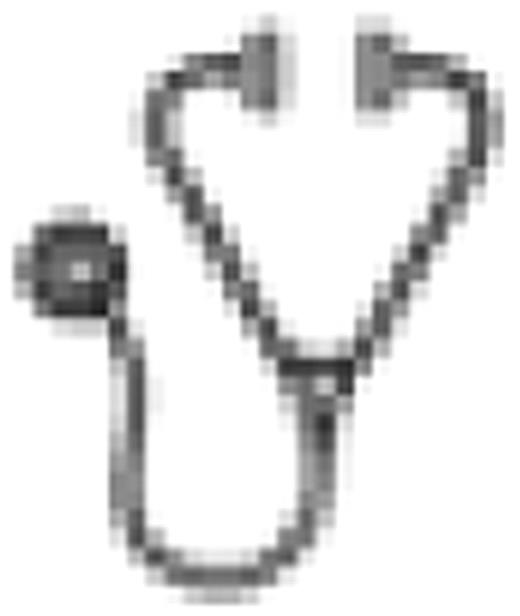Abstract
70–80% of patients with ITP respond to initial corticosteroid-based treatment, but almost all experience recurrent thrombocytopenia requiring further therapy. Rituximab is effective in inducing responses in about 50% of patients with ITP, but most do not experience sustained remission. Strategies to improve the efficacy of rituximab would be of value. Cheng and colleagues have shown that a single 4 day course of dexamethasone is effective in newly diagnosed ITP, and GIMEMA demonstrated that multiple courses are even more efficacious. Zaja and colleagues reported that the combination of rituximab with a single course of dexamethasone is superior to dexamethasone alone in previously untreated patients. Given the activity of these two drugs, patients at Weill Cornell Medical College (WCMC) with ITP have been treated with a combination of standard rituximab and 2–4 cycles of pulse dexamethasone (R+Dex) given at 2 week intervals. We preliminarily reported results of 14 patients treated with this combination; we have expanded this cohort to 34 patients to obtain a broader evaluation of efficacy and safety of this therapeutic approach in ITP.
Patients who had received rituximab concurrently with multiple courses of pulse dexamethasone were retrospectively identified. Response was initially assessed at 8 weeks after initiation of therapy. Complete remission (CR) was defined as platelet count greater than or equal to 100×109/L, and partial remission (PR) as platelet count of 50–100×109/L. Variables were compared either by chi-square or fisher exact test including duration of ITP at greater or less than one year, age of patients, prior therapy, and lymphocyte subsets. The study was approved by the WCMC Institutional Review Board.
Thirty-four ITP patients received concurrent rituximab and pulse dexamethasone. All patients were treated for platelet count less than 30 or inability to discontinue chronic therapy such as corticosteroids or thrombopoietin receptor agonist. Median age was 21 years (range 2–63 years), and median time since diagnosis of ITP was 12 months (range 1–180 months). All patients but one had previously been treated, with median of 2 prior therapies (range 0–7). Thirty-two of 34 patients received 4 infusions of standard dose rituximab (the other 2 received 2 and 3 infusions). All patients received between one and 4 cycles of dexamethasone, with most (22/34) receiving 3 cycles. Twenty-four patients responded at 8 weeks from start of therapy or later (71% ORR). Best response was CR in 20 patients (59%) and PR in 4 (12%). Two responding patients relapsed to no response at 3 and 6 months, and 3 additional patients relapsed from CR but maintained PR at last follow up. At median follow up of 8 months, 22 patients (65%) remain in response: CR in 47% and PR in 18%. None of the variables tested was predictive of response; there was a trend toward increased response rate in adults (p=0.13). Adverse events related to R+Dex were mostly mild, with most common toxicities including fatigue, headache, infusion-related events, and gastrointestinal upset. Dexamethasone was often poorly tolerated. One patient experienced colitis requiring hospitalization. That patient and one other interrupted therapy for AE's.
Rituximab plus multiple courses of dexamethasone is active with manageable toxicity in patients with ITP. This regimen merits further exploration in a prospective trial.
Elstrom:Genentech: Speakers Bureau. Off Label Use: Rituximab is approved for use in NHL, CLL and RA. Bussel:Portola: Consultancy; Eisai: Consultancy, Membership on an entity's Board of Directors or advisory committees, Research Funding; GlaxoSmithKline: Consultancy, Equity Ownership, Membership on an entity's Board of Directors or advisory committees, Research Funding, Speakers Bureau; Amgen: Equity Ownership, Membership on an entity's Board of Directors or advisory committees, Research Funding, Speakers Bureau; Cangene: Research Funding; Genzyme: Research Funding; Immunomedics: Research Funding; Ligand: Membership on an entity's Board of Directors or advisory committees, Research Funding, Speakers Bureau; Shionogi: Membership on an entity's Board of Directors or advisory committees, Research Funding, Speakers Bureau; Sysmex: Research Funding.

This icon denotes a clinically relevant abstract
Author notes
Asterisk with author names denotes non-ASH members.

This feature is available to Subscribers Only
Sign In or Create an Account Close Modal